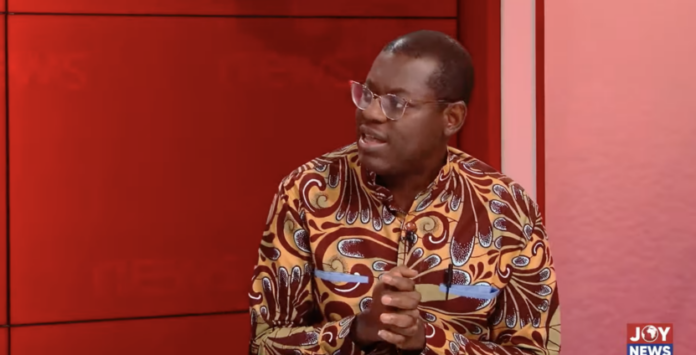The Development Bank Ghana (DBG), established with ambitious goals to bolster the private sector, is now engulfed in a severe governance and management crisis, according to a scathing exposé by Vice President of IMANI Africa, Bright Simons.
Revelations by the whistleblower—based on a confidential Deloitte “progress report”—point to alleged financial mismanagement and deep-seated internal wrangling within the institution, prompting government intervention and the involvement of state security agencies.
In a post on LinkedIn, Mr Simons disclosed that the controversy emerged in November 2024, when IMANI reportedly “got wind of a civil war inside DBG”, involving a standoff between the bank’s compliance, risk, and audit functions and dominant factions within its Board and management.
This internal turmoil escalated, leading to the resignation of two directors in protest over what they described as serious governance failures.
Mr Simons did not mince words, describing the situation as one in which “money was being spent as if it grew on trees.” This accusation is particularly shocking considering DBG’s pedigree and the sophistication of its founding financial partners.
The bank, launched in 2021 with an initial capitalisation of GH₵1.135 billion (approximately $200 million at the time), draws funding from reputable Development Finance Institutions (DFIs), including the World Bank ($250 million), European Investment Bank ($170 million), German KfW ($46.5 million), and the African Development Bank ($40 million). These institutions are known for enforcing strict fiduciary and governance standards.
Ghana’s biggest development bank, DBG, is in turmoil.
After a damning Deloitte audit, key directors have been dismissed.
Our VP, Bright Simons [@BBSimons], lays out 10 key takeaways on governance, audit failures, and what CSOs must do next.
Read more: https://t.co/aYN4rZ44Ge
— IMANI Africa (@ImaniAfr) June 21, 2025



